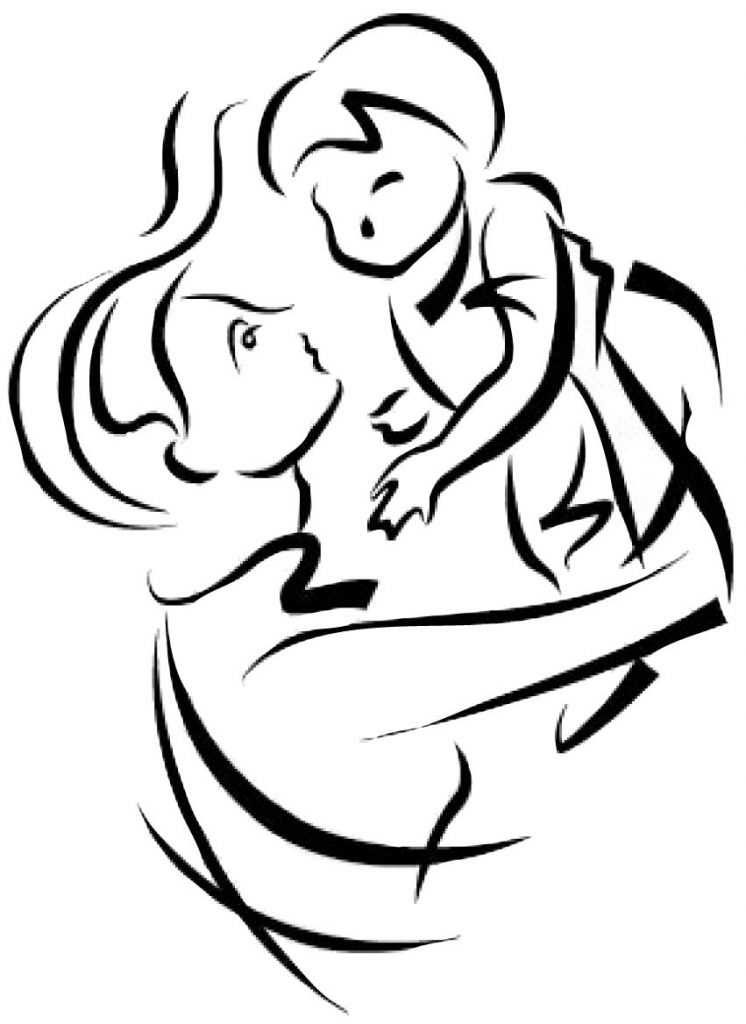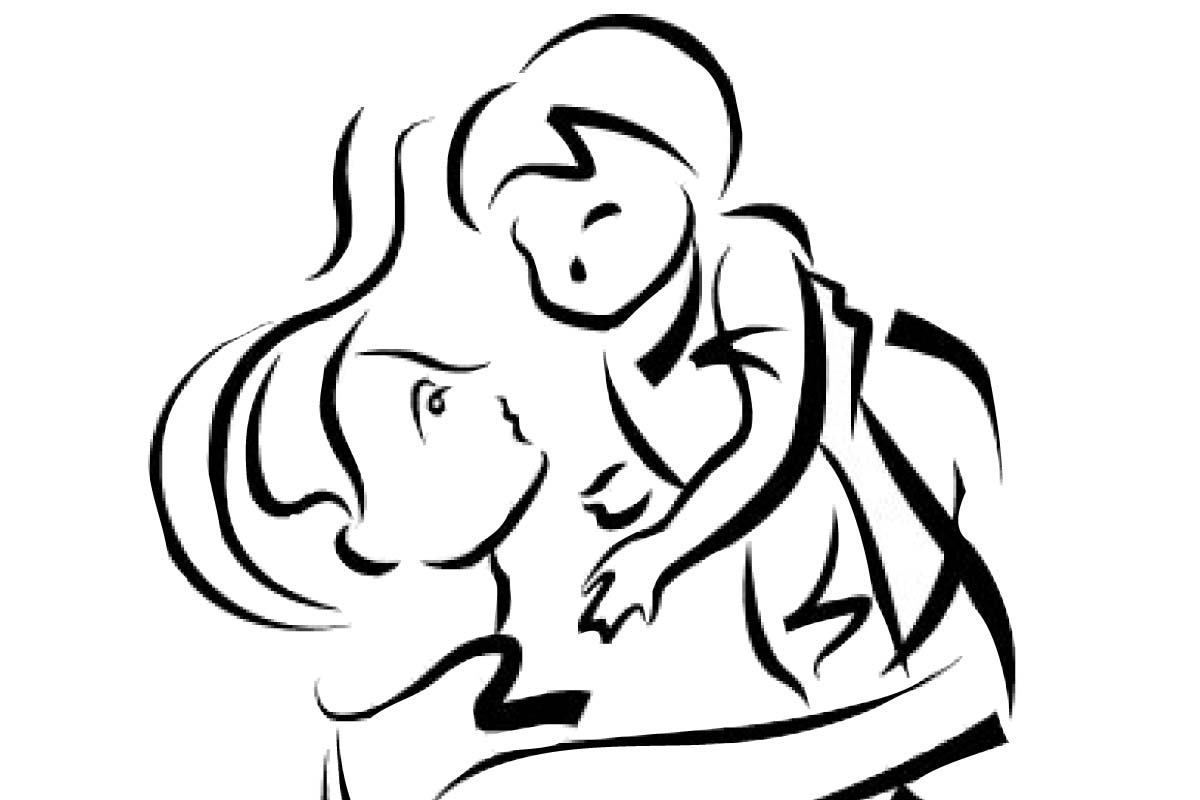My mother, like a lot of second-generation Tsinoys, was raised in a very conservative Chinese household, where one of the basic tenets of Neo-Confucian philosophy is absolute obedience to one’s parents.
My mother, a dutiful daughter, followed this tradition, though it is one that was observed willingly. It is tradition after all, and to her generation, tradition is important.
She had dreamt of pursuing a career path in history, literature or art. But she sacrificed that dream and took up commerce instead, going into the family business my grandfather worked hard to successfully set up.
Another time, grandfather sent her to Beijing to improve her Chinese. Although she didn’t want to go, she went. It was a decision that turned out well.
Yes, my mother is a filial daughter. But she is also a pragmatic free spirit. And I am a lucky recipient of her generous spirit.
Last semester, I read an article that related Neo-Confucian philosophy (a more rigid re-interpretation of Confucian ideals) to the practice of foot binding.
One of the article’s arguments is that this patriarchal philosophy that is foot binding reinforced the voluntary oppression of women into something of a necessity for one to be able to fulfill one’s duty to the family and the continuation of Chinese society as it was.
The pain they experience when their feet are bound is a requirement for marriage and is thus one way of preserving the line.
After reading this article, I reflected and compared it to my mother’s sacrifices, as well as my own “sacrifices” as well.

My mother’s spirit is something I greatly admire. Although she has given up some of her dreams, there is no disappointment or bitterness at life. What she sacrificed, she did so willingly, with a pragmatic will and an admirable respect for tradition.
And although she could have raised me following the doctrines of Neo-Confucianism, my mother chose to raise me differently.
She has freed me from mandatorily serving the family in ways that I do not want. I can pursue whichever career path I want, because she has released me from the chains that demand that I have to go into some sort of business course.
She does not dictate how I should dress or express myself, nor does she brand me as disobedient when I don’t agree with her views (she believes in the power of discourse at home).
She has also given me the freedom to choose a mate and marry whom I want regardless of the construct that is ethnicity.
In short, she has put my individual growth and happiness ahead of the perceived desires of tradition or what I’d like to call the “family ego” or “face.”
One of the things I am most glad that she let me pursue was dance. I’ve acquired plenty of black-and-blues, together with some scratches, from my time in contemporary dance. We spend a lot of time rolling around on the floor and the bruises often mark the times I did not get the steps in one go.
Despite being allowed to wear socks, my feet are usually scratched up and red in all the points my bones stick out, but I come away from my classes further strengthened in my ability to move and withstand mental pressure.
These pains, moreover, are again vastly different in the context of the pain of foot binding. The stark difference being that these marks are willingly self-inflicted, for my individual progress.
The sacrifices I make, be it the taxing hours or the aches of sprains, increase my mobility in expression. The freedom to live in a body for and by me is emphasized over and over again.
In dancing, I feel released, both in the physical and metaphorical sense, from the bandages of subversion.
Nobody else truly benefits from my scars and strengths, nor do they serve a purpose greater than myself. They are a symbol of the fact that my body is for me; it no longer belongs to the patriarchy and its oppressive stance against women.
I get to define what to do with it and how I want to treat it. It is free from the Confucian structure and each fresh bruise constantly reminds me of that.
Next to the gift of life, this liberation is the most important gift my mother has given to me and for that, I will always be grateful. — First published in Tulay Fortnightly, Chinese-Filipino Digest 29, no. 6 (August 23-September 5, 2016): 12.
